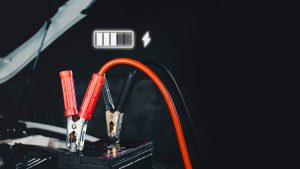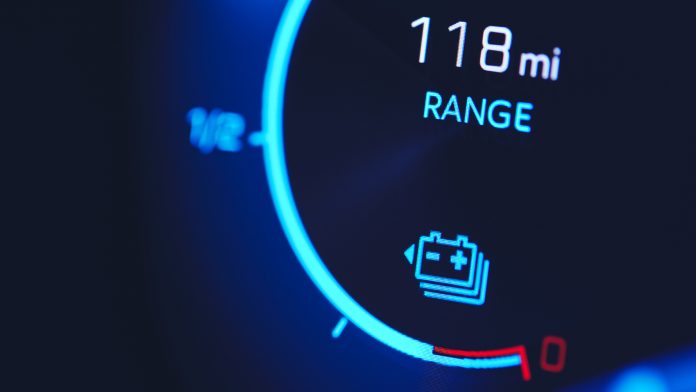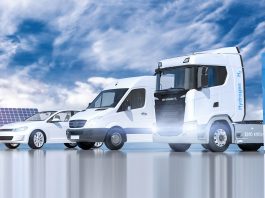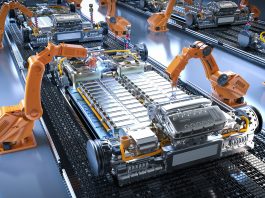Researchers have developed a high-capacity anode material that could boost the current electric car range by at least ten-fold.
Because the electric vehicle market has been experiencing rapid growth, with sales surpassing $1tr in 2022 and domestic sales exceeding 108,000 units, therefore, the demand for high-capacity batteries that can extend electric car range is growing.
A team of researchers from POSTECH and Sogang University developed the anode material from a functional polymeric binder to meet these growing demands.
The study’s corresponding paper, ‘Layering Charged Polymers Enable Highly Integrated High-Capacity Battery Anodes,’ was published in Advanced Functional Materials.
The importance of high-capacity anodes in creating a stable material
The team, led by Professors Soojin Park and Youn Soo Kim from POSTECH and Professor Jaegeon Ryu from Sogang, worked to increase electric car range through high-capacity anodes.
They developed a charged polymeric binder for a high-capacity anode material that is both stable and reliable, offering a capacity that is ten times or higher than that of conventional graphite anodes. This groundbreaking achievement was made by replacing graphite with an Si anode, which was combined with layering-charged polymers while maintaining stability and reliability.
High-capacity anode materials, such as silicon, are essential for boosting electric car range. This is because they create high-energy density lithium-ion batteries and offer at least ten times the capacity of graphite or other anode materials now available.

What the researchers found challenging during this step was that the volume expansion of high-capacity anode materials during the reaction with lithium poses a threat to battery performance and stability. To mitigate this issue, the researchers investigated polymer binders that can effectively control volumetric expansion.
How can hydrogen effectively increase electric car range?
To date, research around batteries and energy density has mainly focused solely on chemical crosslinking and hydrogen bonding.
Chemical crosslinking involves covalent bonding between binder molecules, making them solid, but it has a fatal flaw – once they are broken, the bonds cannot be restored. On the other hand, hydrogen bonding is a reversible secondary bonding between molecules based on electronegativity differences, but its strength (10-65 kJ/mol) is relatively weak.
However, the new polymer increases electric car range by utilising both hydrogen bonding and Coulombic forces (attraction between positive and negative charges). These forces have a strength of 250 kJ/mol, much higher than that for hydrogen bonding, yet they are reversible, making it easy to control volumetric expansion.
The surface of high-capacity anode materials is mostly negatively charged, and the layering-charged polymers are arrayed alternately with positive and negative charges to bind with the anode effectively. Furthermore, the team introduced polyethene glycol to regulate the physical properties and facilitate Li-ion diffusion, resulting in the thick high-capacity electrode and maximum energy density found in Li-ion batteries.
Professor Soojin Park concluded: “The research holds the potential to significantly increase the energy density of lithium-ion batteries through the incorporation of high-capacity anode materials, thereby extending electric car range.
Silicon-based anode materials could potentially increase the driving range at least ten-fold.”









